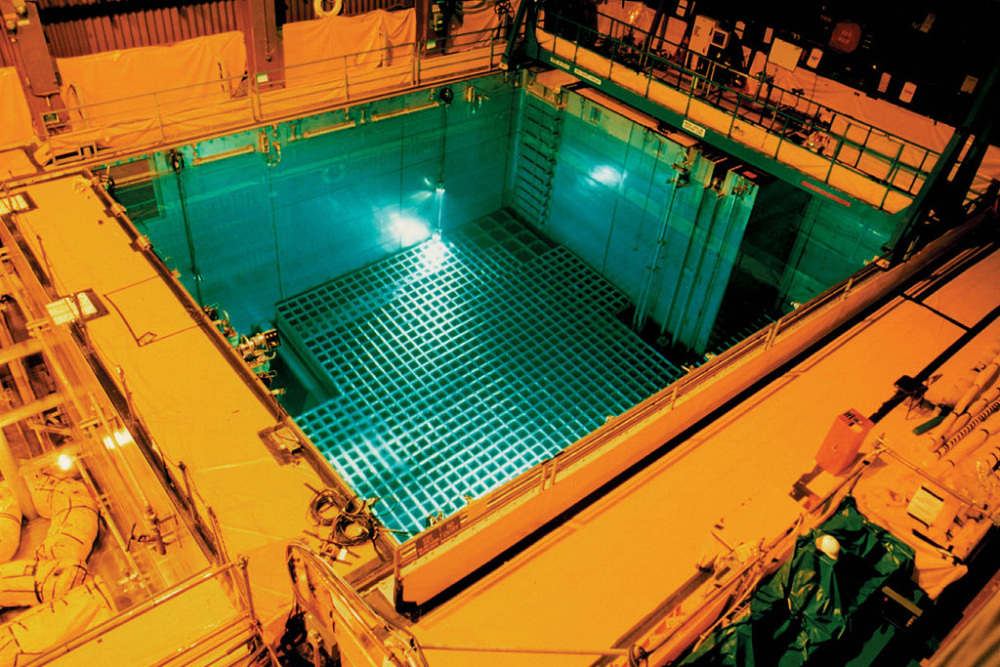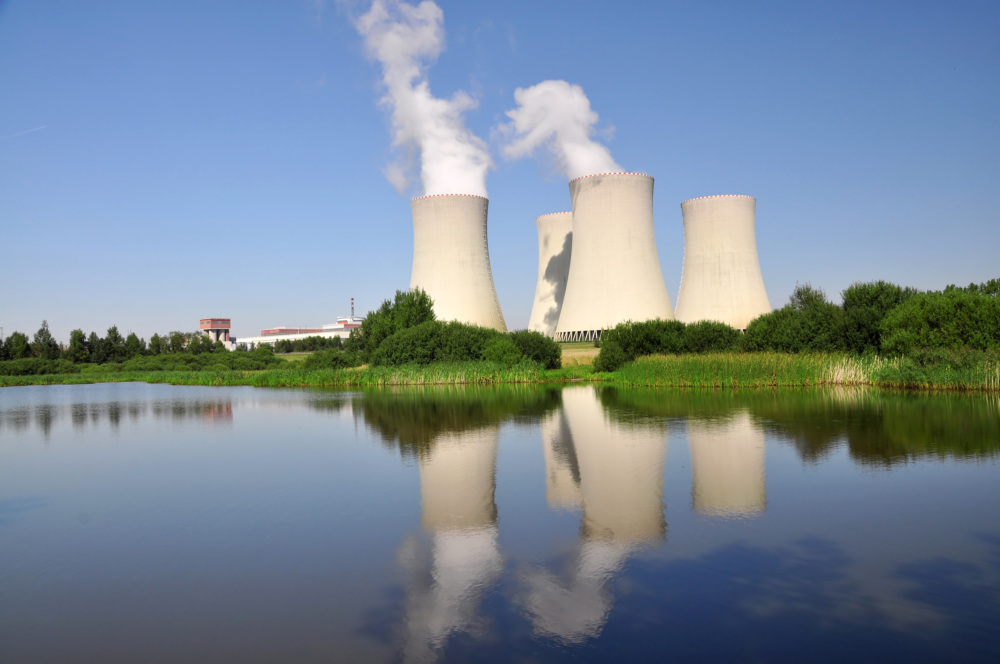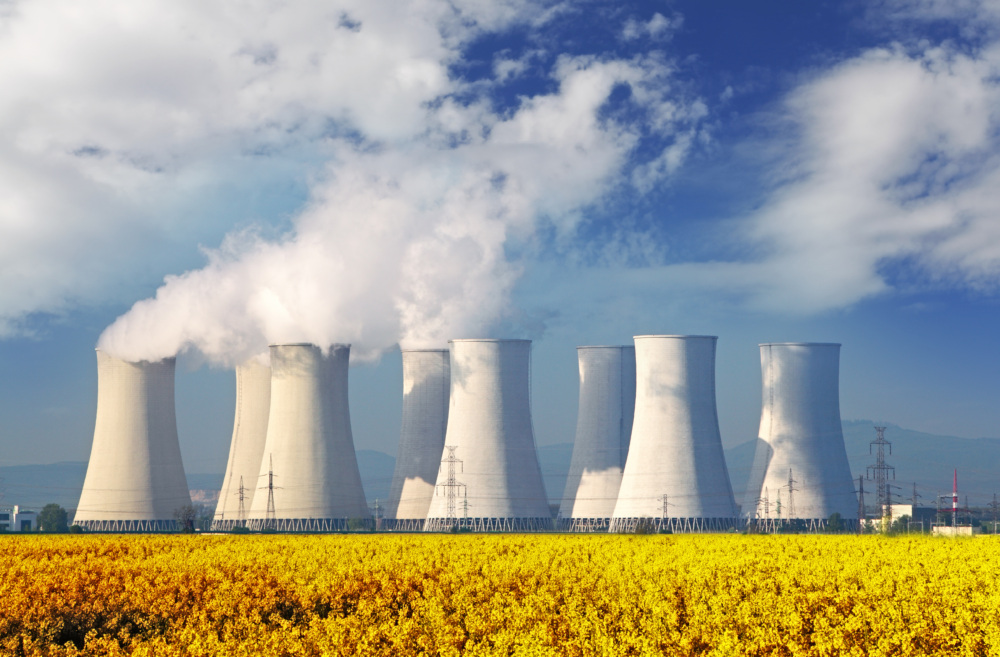
Andrew Newman PhD
Senior Director for Nuclear Fuel Cycle Activities
Thirty countries plus Taiwan operate nuclear power plants, and their reactors generate roughly 10,000 metric tons of spent nuclear fuel each year. According to the International Atomic Energy Agency (IAEA), although 120,000 metric tons of spent nuclear fuel have been reprocessed, more than 250,000 tons remain held in storage worldwide. Most of this storage is at reactor sites—about 77 percent in storage pools and the remainder in dry casks.
The global lack of spent fuel disposal options exacerbates security and proliferation risks, has sometimes led to ill-conceived or short-sighted waste management decisions, and undercuts public and political acceptance for all nuclear activities. Continuing along this path is ultimately unsustainable. Meanwhile, spent fuel continues to accumulate in cooling pools with limited storage capacity. On-site dry cask storage is a vital but non-permanent solution, and reprocessing/recycling does not solve the waste problem because those activities still generate significant waste streams that require disposal.
Finding suitable sites with appropriate geological conditions and available real estate to dispose of this large and accumulating stockpile is a challenge. Locating and characterizing a repository site is a complex, expensive, and time-consuming task, requiring political commitment by all levels of government, sustained over decades. Finding a willing host community, and securing acceptance from multiple levels of government, including those local entities along presumptive transportation routes, has proven the most intractable problem of all.
Despite well-developed programs in Finland, Sweden, and France, and encouraging progress in Canada, political and technical difficulties have delayed and, in many cases, prevented the construction and operation of commercial spent fuel repositories.2 As a result, most waste management organizations continue to struggle to establish sustainable disposal pathways. The problem is particularly acute in South Korea and Taiwan, where spent fuel pools are almost full.
Over the past five years, the Nuclear Threat Initiative (NTI) has been working with waste management experts in the Pacific Rim to develop collaborative solutions to shared spent fuel management problems.
This report contains the following:
Sign up for our newsletter to get the latest on nuclear and biological threats.
Efforts to develop sustainable solutions for the long- term management of HLW have been ongoing for decades, and most programs around the world have experienced both successes and failures.
At this critical juncture for action on climate change and energy security, 20 NGOs from around the globe jointly call for the efficient and responsible expansion of nuclear energy and advance six key principles for doing so.
To make good on their COP28 pledge, countries need a new approach to building, regulating, and financing nuclear technology.


